|
Buddhist monasticism is flexible. Although it is correct to assume that it is usually necessary for an individual to undergo a period of isolatory training (to establish and stabilise the realisation of the void) - it is also true that compassionate (Bodhisattva) activity must also be pursued throughout the myriad conditions that define worldly existence. This is true of all Buddhist traditions - as even the Bhikkhus of the Theravada School must "walk" (in a self-aware manner) through the surrounding (lay) villages - begging for food on a daily basis. Living a hermitic or cloistered existence is a means to an end and not an end in itself. Of course, this period may be repeated more than once and last any length of time. When entering different situations - the Bodhisattva does not lose sight of the realised void regardless of the external conditions experienced. The Sixth Patriarch (Hui Neng) spent around 15 years living with bandits and barbarians in the hills - retaining a vegetarian diet - even though he was not yet formally ordained in the Sangha. Within China, the Mahayana Bhikshu must take the hundreds of Vinaya Discipline Vows as well as the parallel Bodhisattva Vows (the former requires complete celibacy whilst the latter requires moral discipline but not celibacy). Anyone can be a "Bodhisattva" - whilst a formal Buddhist monastic must adhere to the discipline of the Vinaya Discipline. A lay Buddhist person also adheres to the Vinaya Discipline - but only upholds the first Five, Eight or Ten vows, etc. Vimalakirti is an example of an Enlightened Layperson whose wisdom was complete and superior to those who were still wrapped in robes and sat at the foot of a tree. In the Mahasiddhi stories preserved within the Tanrayana tradition - the realisation of the empty mind ground (or all-embracing void) renders the dichotomy between "ordained" and "laity" redundant. The Chinese-language Vinaya Discipline contains a clause which allows, under certain conditions, for an individual to self-perform an "Emergency" ordination. This is the case if the individual lives in isolation and has no access to the ordained Sangha or any other Buddhist Masters, etc. The idea is that should such expertise become available - then the ordination should be made official. However, the Vinaya Disciple in China states that a member of the ordained Sangha is defined in two-ways: 1) An individual who has taken both the Vinaya and Bodhisattva Vows - and has successfully completed all the required training therein. 2) Anyone who has realised "emptiness". Of course, in China all Buddhists - whether lay or ordained - are members of the (general) Sangha. The (general) Sangha, however, is led by the "ordained" Sangha. As lay-people (men, women, and children) can realise "emptiness" (enlightenment) - such an acommplished individual transitions (regardless of circustance) into the "ordained" Sangha. This is true even if such a person has never taken the Vinaya or Bodhisattva Vows - regardless of their lifestyle or position within society. Such an individual can be given a special permission to wear a robe in their daily lives - but these individuals do not have to agree with this. Realising "emptiness" is the key to this transformative process. Emptiness can be realised during seated meditation, during physical labour (or exercise), or during an enlightened dialogue with a Master. The first level is the "emptiness" realised when the mind is first "stilled". This "emptiness" is limited to just the interior of the head - but the ridge-pole of habitual ignorance has been permanently broken (this is the enlightenment of the Hinayana) - and is accompanied by a sense of tranquillity and bliss. This situstion (sat atop the hundred-foot pole) must be left behind. Through further training, the "bottom drops out the barrel" - and the perception of the mind expands throughout the ten directions. Emptiness embraces the mind, body, the surrounding environment - and all things within it.
0 Comments
Dear B It is interesting that those who were illiterate - such as Hui Neng - could have the essence of mind development conveyed to them by simply studying the "shape" (form) of the Trigrams and Hexagrams. Of course, Master Cao develops this idea through his shaded roundels. Indeed, it could well be that the roundels of the Caodong School eventually led to the development of the Taiji Tu [太極圖] (Yin-Yang Symbol) that was developed during the latter Song Dynasty. Either way - the "beyond words" teaching - may have had its root in illiteracy - as the historical Buddha could not read or write - as astonishing as that seems!
Dear B As far as I am aware, Master Xu Yun had studied the Yijing as a child (and youth) under the strict supervision of the numerous tutors that his (Scholar-Official) father traversed through the household. This was in preparation for Xu Yun to take the 'Scholar-Official' Government Examination - which required the rote learning of the Four Books and the Five Classics - and the meticulous replication (word for word) of required sections of each text. A good Scholar-Official must demonstrate how he would deal with each real-world incident by referring to a precise and exact extract of whichever divine-text was relevant to the situation. There could be NO deviation from this ancient (and 'perfect') process if a candidate was to be successful. Remember, tens of thousands applied - and only the low-hundreds would be 'Passed' - according to governmental needs (which meant thousands who had 'Passed' would be 'Failed' as no posts existed for them to be allocated toward). On paper (and in public), Master Xu Yun always distanced himself from Confucian and Daoist Texts (the Yijing in China is considered a 'Confucian' Text). This is to be expected from a man who betrayed the will of his father and instead embraced the Path (Dharma) of the Buddha - a religion that even today is considered 'foreign' in China. To be successful on this path - Xu Yun had to completely abandon what appeared to be the worldly path as defined by Chinese convention. Therefore, the (Indian) Vinaya Discipline took the place of the Four Books and the Five Classics. If this was the cae, then why did Xu Yun (privately) advise Charles Luk to study the Yijing and integrate it with the Ch'an Path? In the UK - Richard Hunn (my primary teacher) was considered the most prominent 'Master' of the Yijing - as he could read the original (and ancient) Chinese ideograms and even lectured about this Text to ethnic Chinese students attending University in Great Britain in Putonghua! For our Ch'an (Caodong) Lineage (Master Xu Yun inherited and transmitted all Five Houses of Ch'an - but in his private transmission he only favoured the 'Caodong') - the Yijing is a pivotal and yet 'hidden' Text. Remember, the Caodong Masters were also experts in the study of the Yijing - and they used trigrams and hexagrams to devise the Five Ranks System. Xu Yun was the opinion that it is only through the study of the Yijing that the Caodong methodology can be truly understood. In this regard, John Blofeld was never privy to this advanced knowledge. If he met Xu Yun - it was merely for a few minutes where Blofeld (by his own admission) spouted nonsense. Of Course, I salute your efforts and you must never be afraid (as I know you are not) to pull the whiskers of the tiger! With Metta Adrian
Richard Hunn (Wen Shu) was NOT keen on any notion of ‘Transmitting’ the Ch’an Dharma. This coincided with his attitude of NOT wanting to be associated with any particular University, Publisher or Dharma Group, etc. I agree with this approach. Dogma, idealism and superstition has nothing to do with genuine Chinese Ch’an Buddhist practice. What an individual does with their mind (and body) regarding attitudes and opinions held concerning life, politics, culture or everyday activities – has absolutely NO interest for the genuine Chinese Ch’an Master! This attitude is encountered time and again throughout the Tang, Song, Yuan, Ming and Qing Dynasties Ch’an writings of Imperial China – with Master Xu Yun (1840-1959) carrying-on this attitude into the post-1911 era of ‘modern’ China! Obviously, I have NOTHING to transmit. Teaching is simply taking the conditions that already exist – and turning the awareness of the enquirer back toward the ‘empty mind ground’ from which all perception arises (and ‘returns’ according to the Chinese Ch’an tradition) - this is a ‘transmission’ in a general sense – but such an interaction cannot be interpreted as an individual in the West being granted ‘Transmission’. Within Chinese culture, such ‘Transmission’ was Confucian in origin and often travelled within birth families and specific name clans – very seldom (if ever) was a ‘Transmission’ initiated ‘outside’ the family (as ‘outsiders’ could not be trusted to use the family secrets of spirituality, science and martial arts properly). Later, when the ‘Transmissions’ of (related) ‘Father to Son’ was adjusted to accommodate (non-related) ‘Masters to Disciples’ - outside ‘Transmissions’ (separate from the Confucian birth-process) was developed. This is the agency of continuation from generation to generation preserved within the Chinese Ch’an tradition. Birth-relationship is replaced with a ‘strict’ attitude of ‘respect’ and the maintaining of ‘good’, ‘correct’ and ‘appropriate’ decorum, behaviour and deportment. Even within ‘modern’ China – this is a difficult interaction to a) perform and b) achieve. The standards for keeping the mind and body permanently ‘clean’ night and day and is often viewed as being far too difficult for the average individual to meet. As ‘Transmission’ is NOT a game and given that ‘Transmission’ within the Chinese Ch’an tradition is NOT the same as ‘Transmission’ within the Japanese Zen tradition – it is obvious that when the Chinese Ch’an tradition ‘flows’ into the West – it is NOT the case that ‘Transmission’ can easily be applied. The empty mind ground must be ‘realised’ (not an easy task) and ‘maintained’ in every situation (an even more unlikely achievement). I have experimented with ‘Transmission’ in the West – but have found that as soon as the event unfolds – an IMMEDIATE ‘dropping away’ of all interactive effort, respect and continuation occurs. This means that the crucial and inherent energy is diminished, sullied and obscured - and the Ch’an lineage loses its clarity, understanding and ability to ‘free’ others. This explains ‘why’ I have eventually WITHDRAWN all so-called ‘Transmissions’ as a means to emphasis the recorded activities of the Chinese Ch’an Masters – written down in China and translated into English by Charles Luk [Lu Kuan Yu] (1898-1978). Granting Chinese language Dharma-Names and formally ‘Welcoming’ individuals into the ‘Lineage’ - does NOT constitute a ‘Transmission’. As helping others is a key element of the Bodhisattva Vow – I do NOT wish to inadvertently ‘damage’ the Chinese Ch’an tradition entrusted to me – by generating what amounts to a ‘dysfunction’ of transmission.
Sitting-up with neck and back support in a comfortable chair can be useful - but lying down is just as good. Posture can involve any relevant position that you need rather than conformity to a universal standard. The Buddha talks of standing, walking, sitting and lying-down (he died lying on his right-side). The point is that a posture should allow an individual to 'forget' about the body. Pain is one of the three stages of sensation mentioned by the Buddha - together with 'pleasure' and 'neurality'. A convenient meditation posture should generate either a relaxed 'pleasure' or an indifferent 'neutrality' to the body. However, pain has the ability to 'breakthrough' any indifference being cultivated - until the 'indifference' becomes stronger than the pain. If you focus on 'Who is hearing?' and attempt to return all that is heard back to its non-perceptual essence - then the empty mind ground will be revealed. If a single sense can be 'returned' in this manner, then ALL of the other five senses (smell, touch, sight and touch) will automatically be returned generating a permanent unity of inner vision. Gone will be the duality that separates mind, body and environment. When this is achieved, pain is transformed into a distant 'drop' of water falling into the ocean...
The Buddha recognised that all physical bodies are born, exist and then die. This logical observation serves as the foundation of the Buddha’s Teaching. It is an inevitable process that every living-being must experience. An individual will be born, will live their life in any number of ways, and will then pass away through natural (old age) or unnatural (illness, injury or accident, etc) causes. According to the Buddha, the state of an individual’s mind is responsible for the ‘willed’ (volitional) actions performed through the body. The frequency of these decisions can be ‘healing’ and ‘compassionate’ or ‘debilitating’ and ‘horrible’ - it all depends upon the past conditioning (karma) of the individual mind (and body). By permanently ‘stilling’ (and ‘expanding’) the mind, all karmic production is eradicated. This is a moment of karmic purification of mind and body. The ‘ridge-pole of ignorance is destroyed forever’ as the Buddha states in the Dhammapada. This is the experience of nirvana whilst still inhabiting a human-body – and when death arrives the body will ‘fall away’ - revealing the state of experiencing ‘nirvana’ without inhabiting a body. Through adhering to the Vinaya Discipline – this strict regulation of the mind and body in the environment has a beneficial effect with regards to health. This is because every rule is designed by the Buddha to ‘remove’ a particular negative (karmic) trait that causes ‘suffering’ in the mind and body of the individual and which permeates out into the environment if not ‘checked’ through the deployment of purposeful discipline. This is how the Buddha strives to reduce suffering in the mind and body of the individual (and in the world). This process is cemented by emptying the mind of greed, hatred and delusion – whilst directly ‘perceiving’ the empty essence of the perceiving (and ‘non-perceiving’) mind. This is how the Buddha strives to eradicate all ‘illnesses’ (and illness generating ‘delusion’) from the mind, body and environment through the application of a strict discipline. This is why Master Xu Yun (1840-1959) was of the opinion that the Vinaya Discipline is a vital (foundational) element of ALL genuine schools of Buddhism – and refused to follow the example of Japan in ‘abolishing’ the Vinaya Discipline as a guide for monks and nuns. If a person wants to live longer and in a healthier manner – then follow the Vinaya Discipline!
‘Drdhamati, even while dwelling in Surangama Samadhi, I am in the trissahasramahasahasralokadhatu and, eventually, in Jambudvipa, I practice, as the case may be, the perfection of (paramita) of giving (dana), morality (sila), patience (ksanti), vigour (virya), absorptive meditation (dhyana) or wisdom (prajna), /In Jambudvipa I am, as the case may be, a recluse with the five superknowledges (pancabhijnarsi), or again, a layman householder (grhastha) or a monk (pravrajita).’ Buddha - Surangama Samadhi Sutra (Lamotte – 1998 – Page 197) We all experience birth and we all experience death. These are two guaranteed events in our lives that apply equally to everyone regardless of our genetic inheritance or the life circumstance we are born into. Death can be further subdivided into a) natural and b) unnatural. Natural death to that shutting-down of the biological life-sustaining processes at the end of a long life, or at anytime on life's journey that does not originate from accident, illness or violence, etc. A 27-year-old, for instance, can pass away quite peacefully in their sleep simply because their particular genetic clock decides to 'switch' their heart off. This may be to do with the past evolution of human-beings when our distant ancestors did not live much past twenty. An 'unnatural' death is a demise due accident, illness or violence. This is when an individual's life-span is cut-short due to a malfunctioning body (as in any number of genetic illnesses), or suffers the destruction of organs due to an accident. Violence committed by other humans can often account for many such deaths such as through pointless attacks within civil society, murder, acts of terrorism and acts of war. This category can be extended to include economic violence where people are deprived of work, income, food, clothing, education and medical assistance, etc, due to an ideology that privileges a few over the many. This also includes the the concept of 'psychological' violence which can serve as the base cause of all types of mental illnesses and later aberrant actions premised upon their numerous cognitive dysfunctions. Buddhist philosophy adds another layer to all this in the form of individual and collective karma. The Buddha stated that not everything we personally experience and suffer has a root cause in volitional karma. Cancer, for instance, can be the product of a poor lifestyle and deficient choices in diet, activity and social setting, etc, but it can also be the product of the simple misfunctioning of a body cell with no input whatsoever from volitional karma. In the latter case, Cancer is a 'naturally' unfolding process. This is like the changing of the seasons or the rising of the sun, not much can be done about it at the individual level other than to 'observe'. Furthermore, at the point of full enlightenment, the Buddha states that the ridge pole of ignorance is forever broken and that the concept of karma (and notion of rebirth) comes to an end. Following all the quarantine and cleanliness rules in this current climate will help increase the chances of us as individuals not contracting, passing on or possibly dying from Covid19. From a Buddhist perspective, it is that simple.
Many people are surprised to learn that Master Xu Yun (1840-1959) was subject to a more or less continuous stream of allegations claiming that he routinely ‘broke’ the Vinaya Discipline and the Bodhisattva Vows. These assertions were usually made by common people with an axe to grind for some reason or other. The fact that no one took these allegations seriously is simply because no one who mattered believed any of it to be true. Master Xu Yun was accused of seducing young girls and women, as well as pursuing homosexual relationships with young monks. When these reports were found to be groundless – Master Xu Yun was accused of amassing money and using it to lead a life of luxury and leisure! Again, no evidence was ever found and so these allegations were ignored like all the others. When he was married (in his late teens) Master Xu Yun never touched his two wives. Years later, this was confirmed by these (now elderly) ladies who had become ordained Buddhist nuns after their husband left to become a monk around 1858. These ladies were virginal when they entered the Buddhist nunnery. My personal experience of Chinese monastic communities, as well as from the memories of other Western people who also lived as a Buddhist monk in China, confirm that homosexuality (as well as any type of sexual expression) was not present. This is because the facility of human desire is ‘turned inward’ and transmutated into pure spiritual light and energy that emanates from the centre of the forehead and from there permeates the entire body and environment. This process detaches sexual energy from the sexual organs and diverts the imagination of the mind away from sexual fulfilment through the sexual organ, focusing on ‘returning’ all this sensation back toward the empty mind ground. There is no outward sexual reaction or perversion within the average Chinese Ch’an monastery because the subject-object dichotomy that drives the sexual drive within delusive society no longer exists. There is a point in this process where the sexual drive is transformed forever regardless of circumstance. Although a conducive environment is beneficially to start with, eventually, once the six senses are permanently ‘purified’ and ‘cleansed’, then a lay-men such as Vimalakirti and Hui Neng (prior to the latter’s eventual ordination) where able to live within ordinary society and yet never break their Vinaya Discipline. Vimalakirti had a number of wives and numerous children – and yet the Buddha stated that he ‘never’ broke the vow of celibacy. Vimalakirti also criticised the Buddha’s ordained disciple Upali (a Master of the Vinaya Disciple) for being attached (in the wrong) way to the ‘letter of the law’. Vimalakirti stated that being ‘attached’ to celibacy in such a one-sided manner was as bad as being mindlessly attached to sexual pleasure! The answer is that ‘pleasure’, ‘pain’ and ‘neutrality’ are all perceived to be equally ‘empty’ of any and all permanent reality. All emerge from the empty mind ground as karmic attributes that simply take the form that is implicitly conditioned within each strand of expression. This Mahayana penetrating of all phenomena is very different to Upali’s Hinayana notion of just avoiding ‘pleasure’, etc. It is the same for ‘praise’ and ‘blame’, as both are equally ‘empty’ of any intrinsic or separate value. A practitioner who has penetrated the empty mind ground exists in a permanent state of divine indifference and are unmoved by either praise or blame. Reacting to the ignorance of others with the same ignorance does not happen because it cannot happen. Once the empty mind ground has been permanently penetrated, understood and integrated with, then there is never any slipping back to a more deficient position of understanding. People who operate through the ego are continuously attempting to make some kind of social gain through manipulating those around them. A Ch’an Master sees this straightaway and reveals the underlying reality of those who approach with ulterior motives. All is wisdom, loving kindness and compassion.
The paradox of the Chinese Ch’an tradition is that it expects lay-people and monastics alike to realise full enlightenment - ‘here and now’. What does this mean? Regardless of the circumstances of an individual’s life, the insight capacity of the mind must be turned inward with such a high degree of focus and precision, that perception is permanently ‘altered’ so to ‘see’ and ‘understand’ more than what was understood before. Being a Buddhist monastic is no guarantee of success in realising enlightenment, just as being a lay-person should be no barrier. Individuals will learn at their own pace and in their own way, with all kinds of psychological and physiological factors coming into play (traditionally referred to as ‘personal karma’). The ‘language of the uncreate’ is unique to Chinese Ch’an Buddhism and uses language in such a way that does not allow the habitual ‘dualism’ of conventional communication to come into play during an ‘enlightening’ interaction or dialogue. The convention of ‘dualism’ preserves delusive states of mind, and prevents clarity of insight from developing. This is why Ch’an masters (in ancient times) developed this mode of non-communication, although when Master Xu Yun (1840-1959) taught during the 19th and 20th centuries, he often used a modern example of logic and reason to describe the history, method and purpose of the Ch’an School. Indeed, whilst encouraging his disciples to fully penetrate (and realise) the empty mind-ground, he would often warn against the cultural habit of many people attending Ch’an Week Retreats to descend into ‘mystical’, or ‘nonsensical’ states of mind, each of which was nowhere near the authentic realisation of the empty mind ground! Uttering nonsense about ancient masters, does go much beyond the nonsense being uttered! However, once the empty mind ground is realised, then every word spoken by the Buddha is understood exactly and clearly, as is every odd action and utterances of the ancient Ch’an masters!
Poverty is not a problem, as it limits unnecessary travelling and pointless experiences. I am not saying that poverty is correct, or even preferred, but when it comes to remaining ‘stationary’ and having to study ‘here and now’, having no options premised upon purchasing power can be an advantage. Focusing upon ‘awareness’ here and now is a definite advantage if the objective is to develop meditational insight as the mind exists, rather than being taken with the external world of ever-changing phenomena. Indeed, the Vinaya Discipline is nothing but the acceptance of voluntary impoverishment, and if this reflects or mirrors actual impoverishment, more’s the better. This is because the Buddha rejects wealth premised upon the accumulation of material goods, and instead advocates the accumulation of spiritual insight and loving kindness toward all beings. The giving-up of self allows the individual to experience a new collectively with existence which is freeing, fulfilling and accepting of all difference. We may exercise our economic muscle and travel places to entertain the mind, but this process, although enriching in one sense (like a Viking raid), nevertheless delays the real work of directly facing the essence of the mind as it exists here and now, with all its impurities, depressions, insecurities and dysfunctions. Travelling from one place to another is as the Ch’an masters say – mistaking everything in-front of a horse and behind a cow – for the essence of the mind! Being ‘where we are’ is a powerful weapon in the fight against ignorance and the injustice of the world. No one can take away your profound acceptance of things ‘just as they are’ - as this acceptance in no way equates to ‘agreement’ with the status quo! Outer change, if it is to last, must come from within. The outer structures of society must emerge from the deepest recesses of the mind. How we live as a species must be an outer expression of the deepest functions of the inner psychic fabric...
|
Archives
March 2024
Categories
All
|
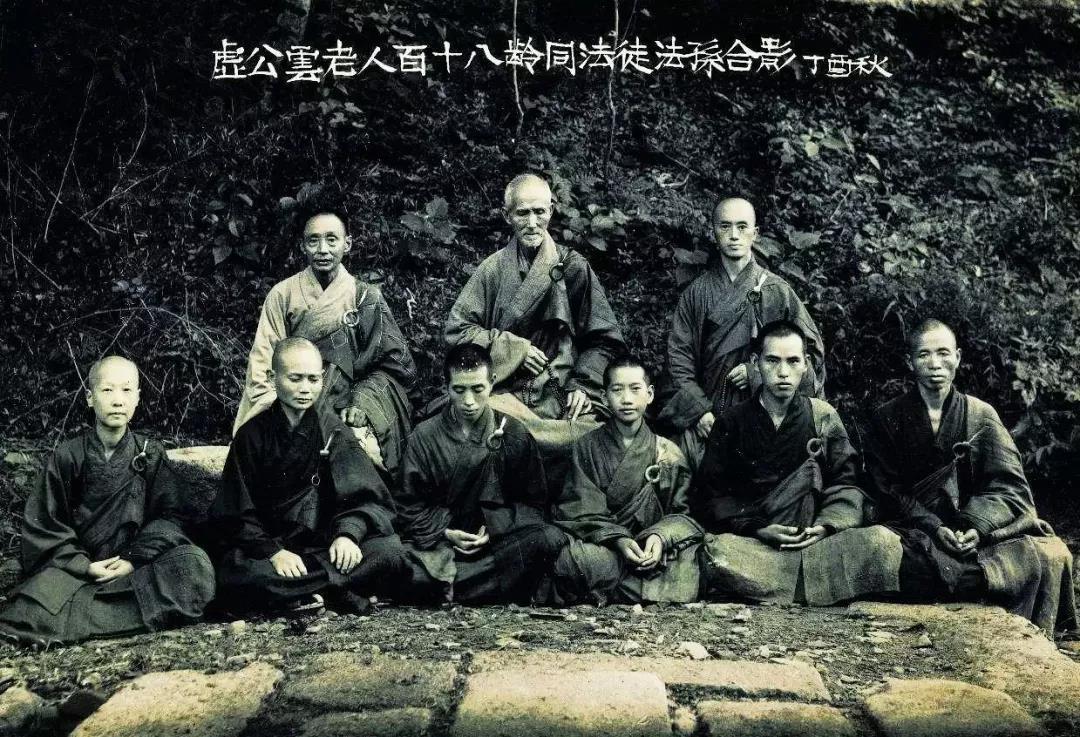
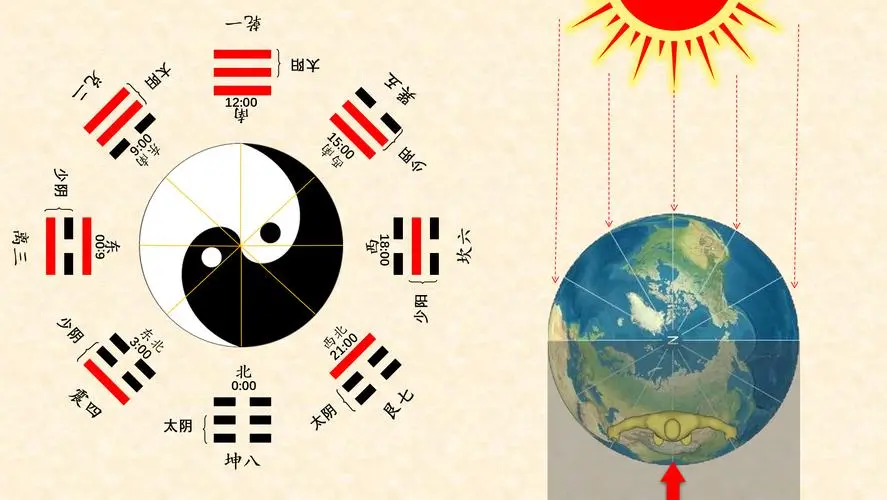
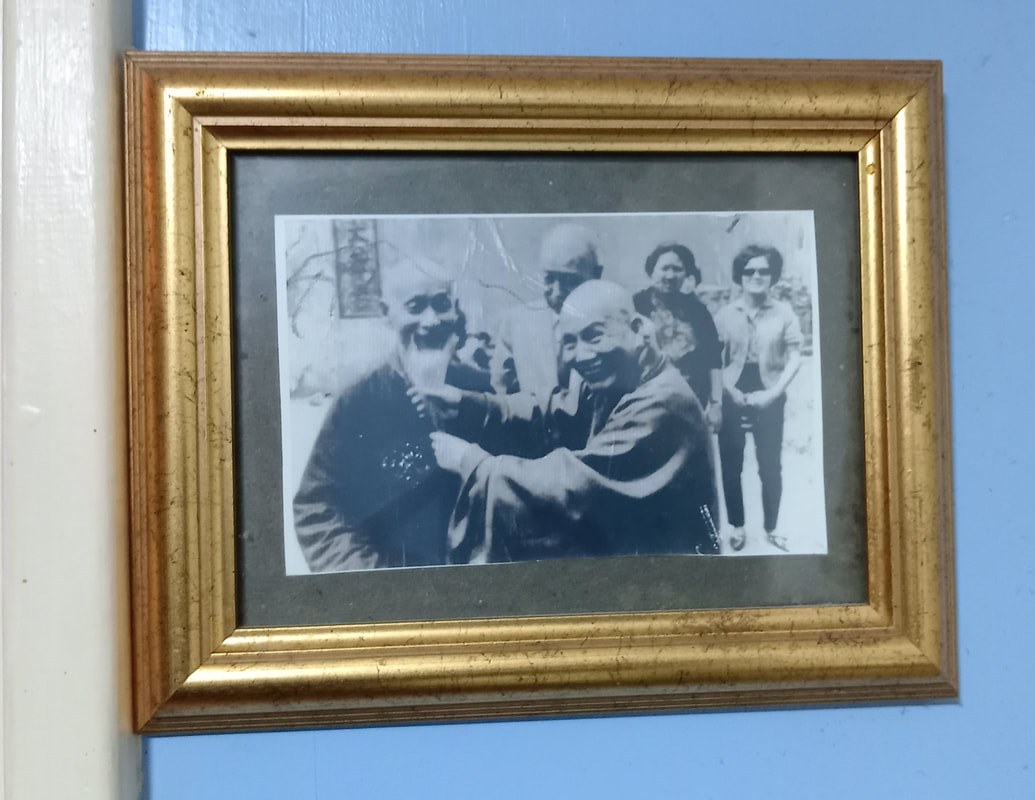
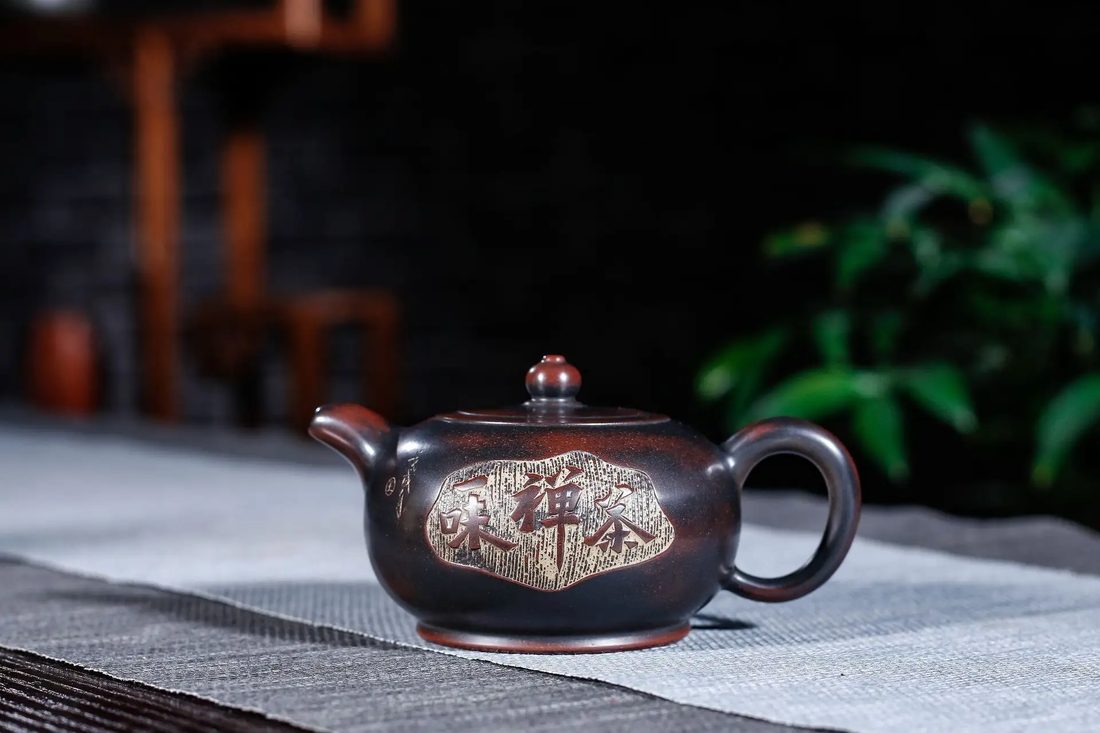
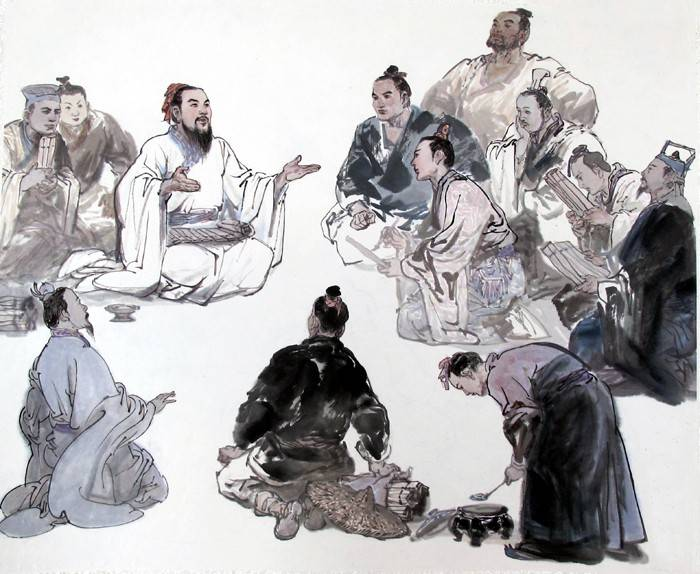
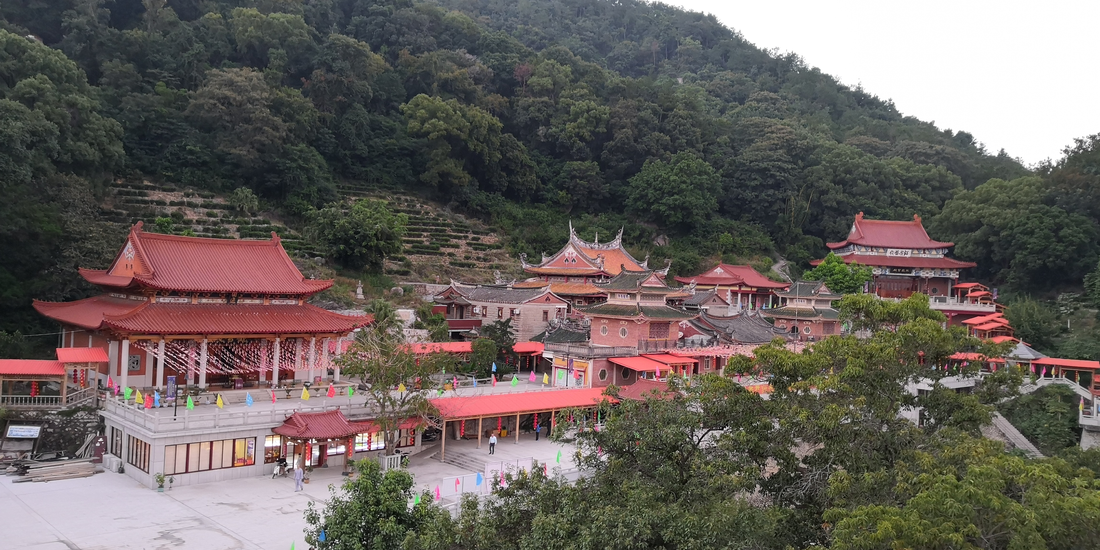
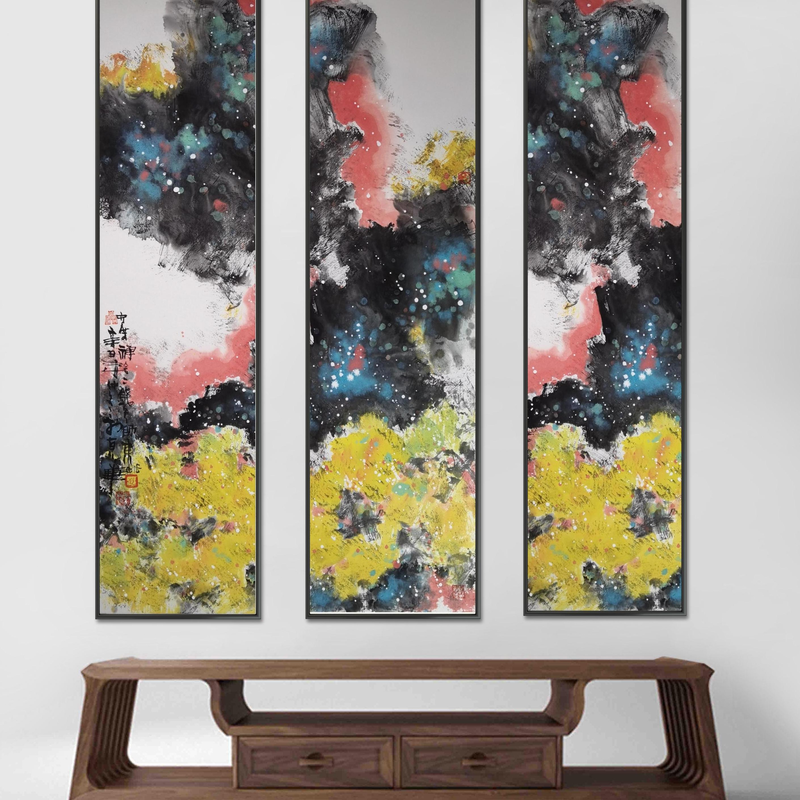
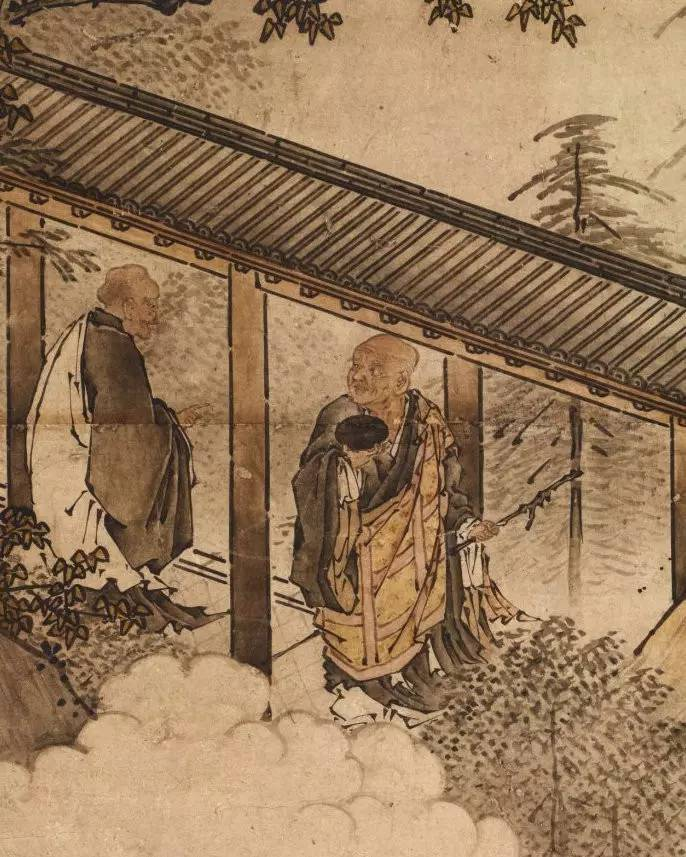




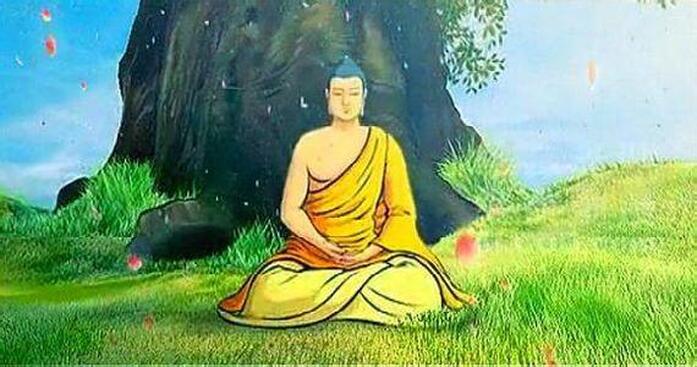
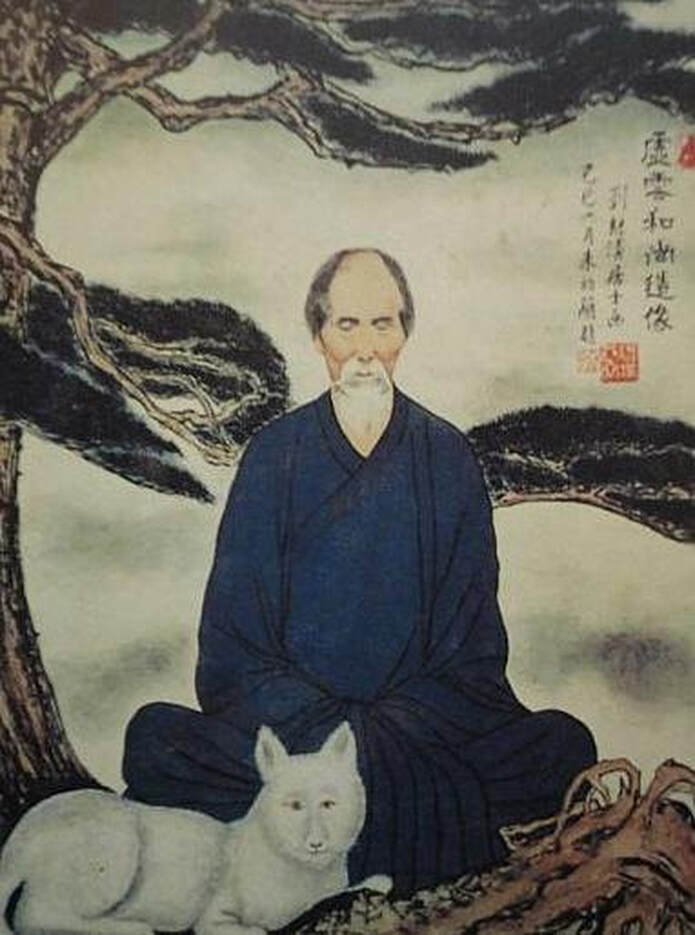
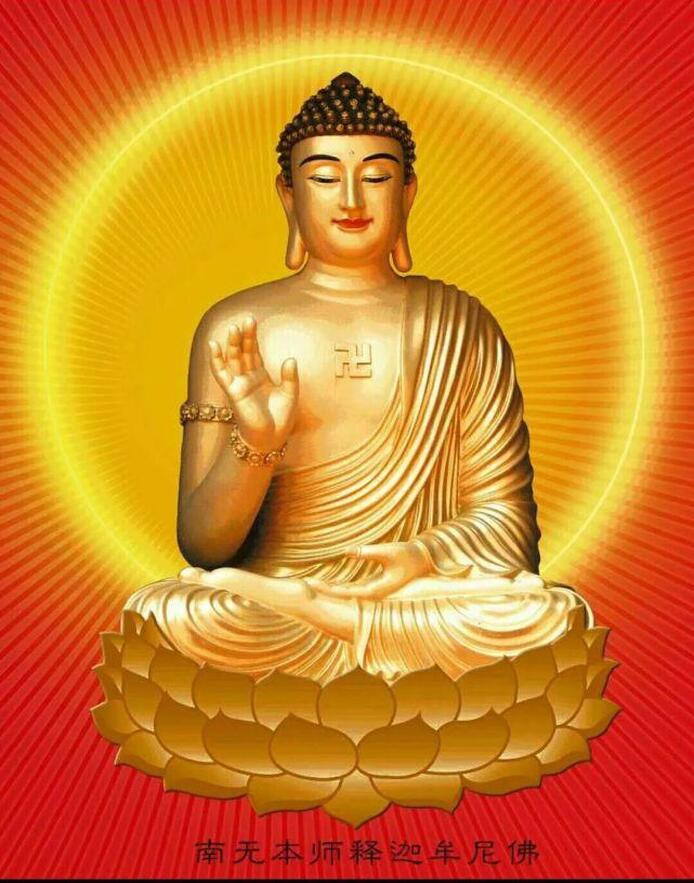
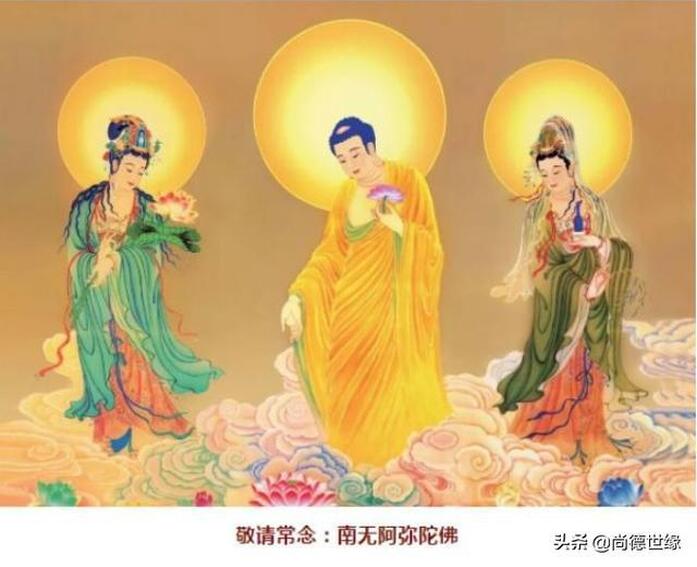
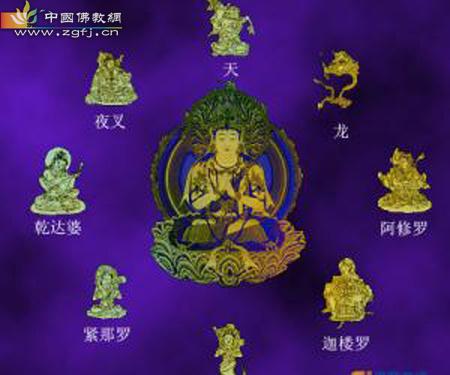
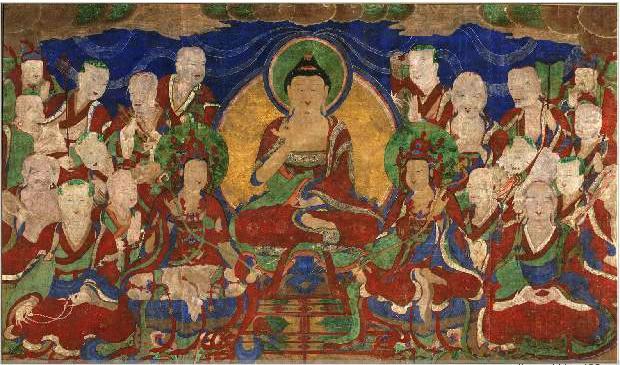

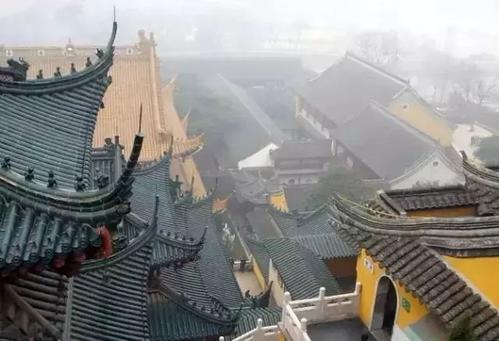
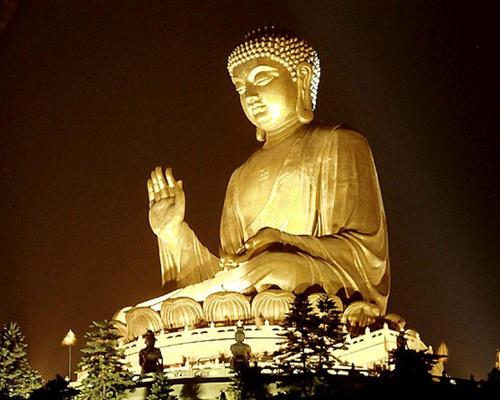

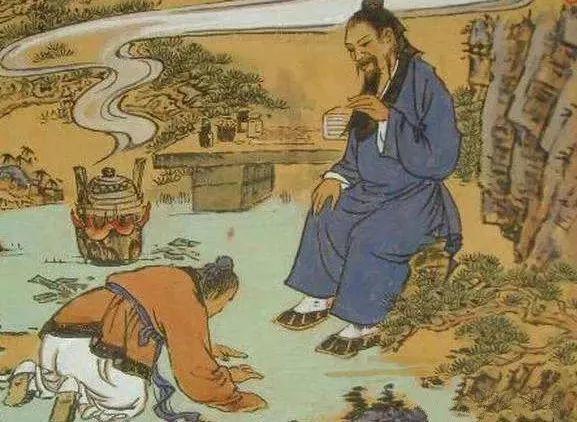



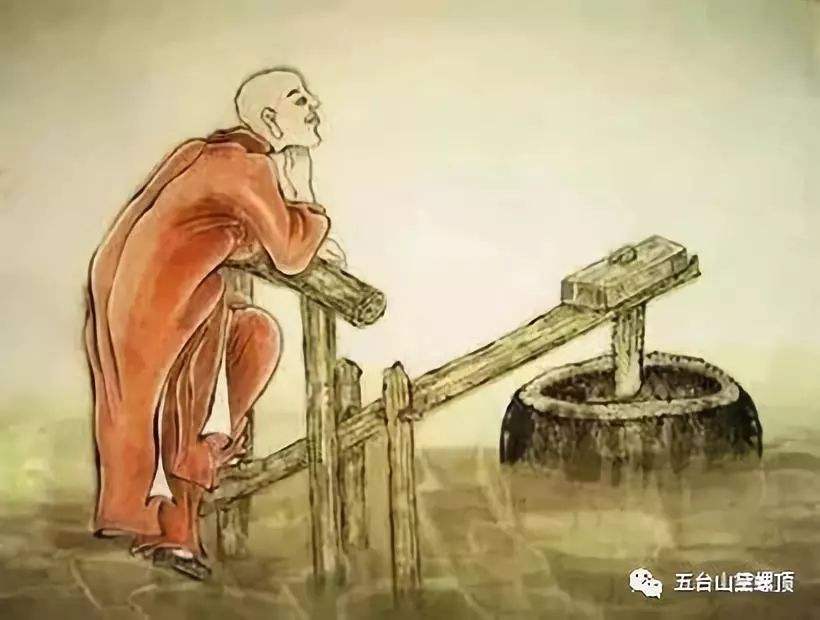
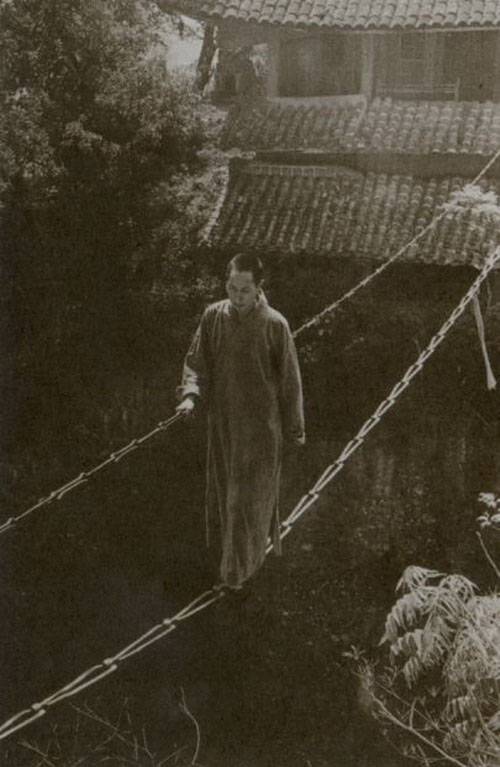
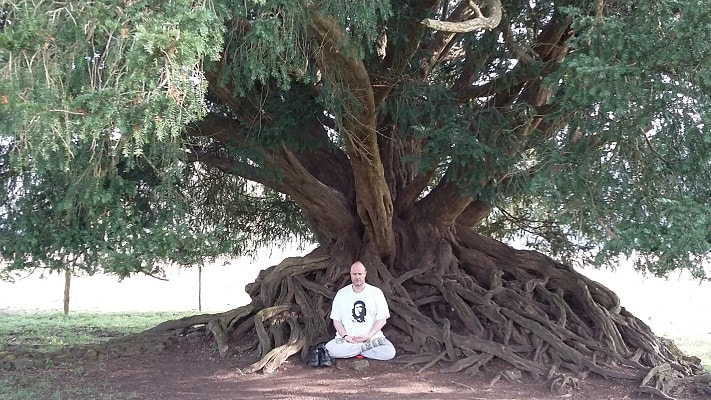
 RSS Feed
RSS Feed